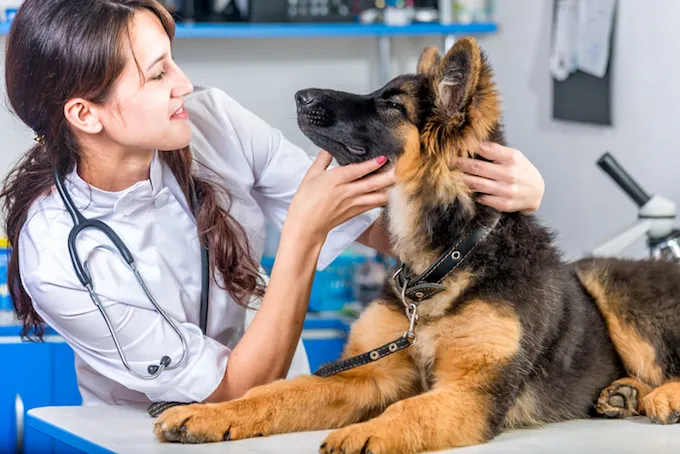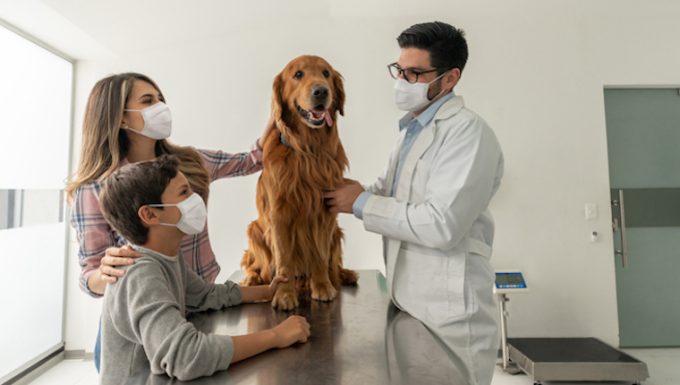Low white blood cell count in dogs happens when there are not enough white blood cells. The condition lowers your dog’s ability to fight off infections.
Generally, the condition can be caused by genetics, cancer, and medication.
Technically, the condition is also known as neutropenia in dogs. Also, the condition involves white blood cells that are called neutrophils.
If you see the signs of the condition in your dog, then get to a veterinarian for a proper diagnosis and treatment.
Here’s what you should know about the symptoms, causes, and treatments for the condition.
Symptoms of Low White Blood Cell Count in Dogs
The condition produces a small number of symptoms. For example, some of the most common symptoms include:
- Suffering from infections a lot
- Diarrhea
- Fever
- Lethargy
- Pale coat
- Vomiting
- Pale nose
Causes of Low White Blood Cell Count in Dogs

The cause of the condition can be a number of things. For instance, some of the most common causes include:
- Antibiotics
- Chemotherapy medication
- Ehrlichiosis
- Estrogen medication
- Coronavirus
- Canine parvovirus
- Hepatitis
Additionally, genetics can cause the condition. For example, Giant Schnauzers, Belgian Tervurens, and Grey Collies develop the condition more often than other breeds.
Treatments for the Condition in Dogs
Firstly, your vet will ask about your dog’s symptoms. Secondly, your vet will ask about your dog’s full medical history. This will include breed-specific problems.
Thirdly, your vet will ask about any medications your dog has taken.
Next, a full physical examination will be carried out. Blood tests will be taken. Additionally, X-rays and ultrasounds can help find the source of any infections.
Generally, treatment involves a stay in hospital. While there, your dog will receive intravenous medication. Unfortunately, in some severe cases a blood transfusion is needed.
Finally, while recovering, it is important to look out for any signs that your dog has picked up another infection. Your vet can help give you advice on what to look for.
Have you ever cared for a dog who suffered from this condition? How did your vet help your dog recover? Let us know in the comments section below.









